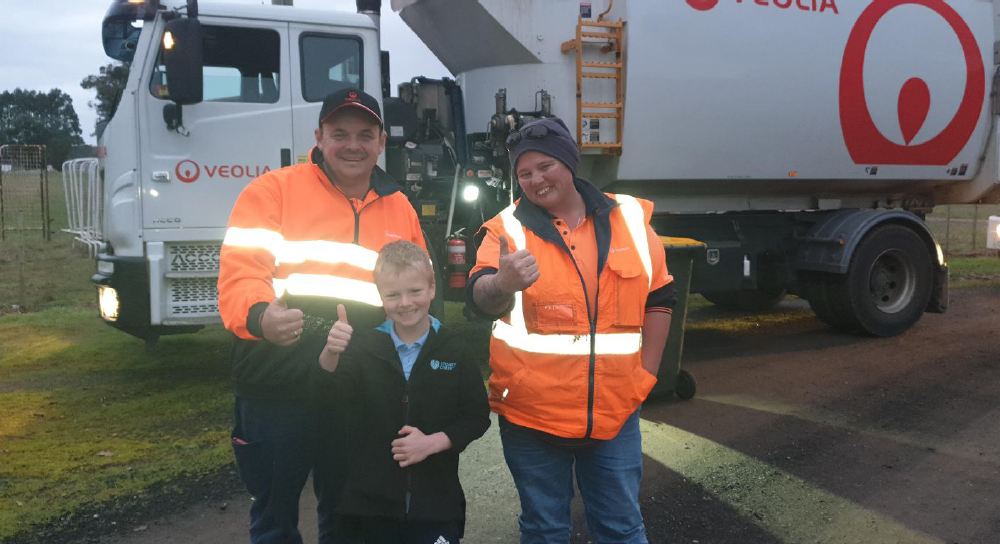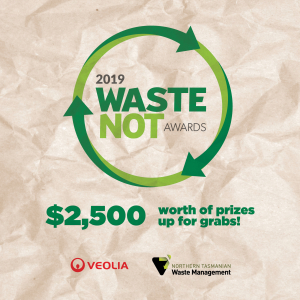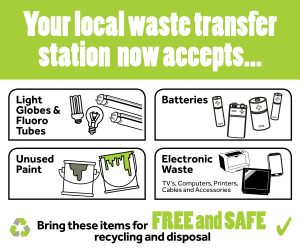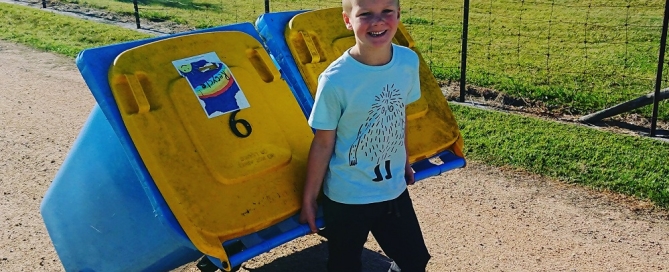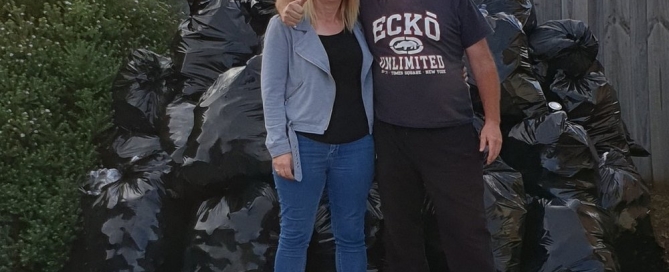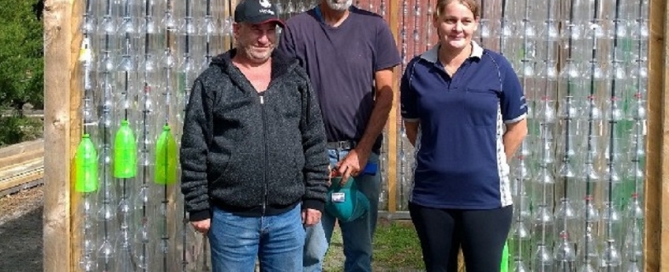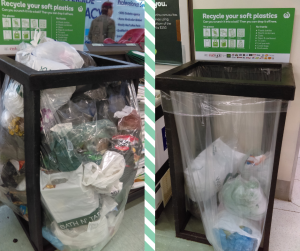Safely disposing of big loads of household rubbish isn’t as costly or difficult as you might think.
Local councils, not-for-profit groups and commercial businesses all provide a variety of disposal services for bulky, unwanted items. You can give away unwanted items through online networks such as freecycle.org, gumtree or Buy, Sell, Swap pages on Facebook. Often people take these items to repair or repurpose.
There are also commercial recyclers in Tasmania that can take unwanted goods for a fee – search online to find businesses near you (and some are happy to travel and collect materials too).
TYRES
Tyres can be dropped off at most tip/waste management centres for recycling. A fee applies depending on the size of the tyre (usually around $5 – $10 each).
Many car service centres offer a tyre disposal service when they fit new tyres. This fee is often cheaper and more convenient than taking the tyres to the tip yourself.
CARS
Car bodies can be sold for scrap metal recycling and can be collected for free. Contact a car wrecker or ‘cash for car’ service for a quote and to arrange drop off or collection. Some companies pay approximately $50 for a car that they collect or $70 for a car that is dropped off.
GENERAL RUBBISH
Disposal of general rubbish at any of the Cradle Coast tips can cost from approximately $10. Some councils provide tip tickets to residents in their rates notices. Contact your local Council to enquire about disposal fees at your local waste transfer station.
Excess household recyclables such as cans, bottles and cardboard can be dropped off for free at most transfer stations.
Any reusable items can dropped off at a tip shop including Burnie, Central Coast and Spreyton, for resale or reuse.
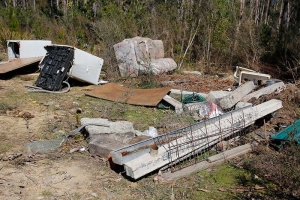
GREEN WASTE
Green waste can be disposed of at your local waste transfer station.
It is fairly simple to home compost some garden waste such as lawn clippings, leaf litter and small prunings. There’s a Rethink Waste Tasmania fact sheet on Home Composting that you can use as a guide (see our Resources page for details).
FURNITURE
Furniture in usable condition can be sold or donated. Popular online classifieds for the sale of 2nd hand goods include Gumtree and Facebook Marketplace.
Many charity stores accept furniture and some such as the Salvation Army and St Vincent de Paul offer a free collection service.
Tip shops also accept reusable furniture.
The largest Waste Transfer Stations in Circular Head, Waratah-Wynyard, Burnie, Central Coast, Devonport, Kentish and Latrobe municipal areas all accept electronic waste (e.g. televisions, computers, monitors, printers and accessories) for free recycling drop-off.
Finding it difficult to physically move unwanted bulk items?
Commercial operators can be paid to take away unwanted goods. Household goods in usable condition may also be collected by some charities. Items posted on buy/sell/swap sites are also usually collected and may even be re-purposed or repaired.
Talk to a neighbour or friend about sharing a trailer load for disposal. Secure the load for transport and sort the materials in the trailer so they’re grouped together for quick and easy drop-off.
Seen rubbish dumped where it doesn’t belong?
Report dumping hotspots to your local council and together we can find ways to stop waste items from harming Tasmania’s soil, waterways and environment. Report it and let’s get it sorted!


